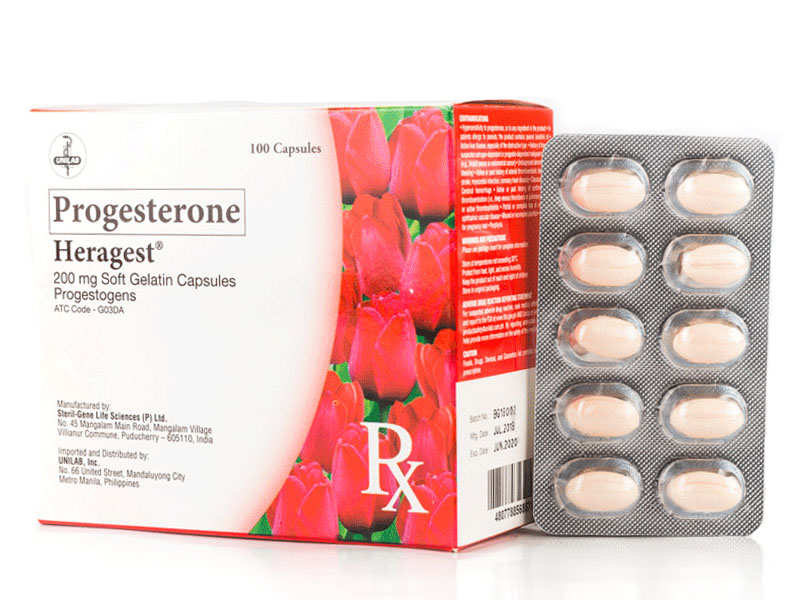Menopause happens when the natural balance of hormones in a woman’s body is disrupted due to the decreased production of the female sex hormones. Women can no longer get pregnant after menopause and can expect to experience drastic changes in their bodies once the symptoms start to manifest over time.
What is menopause?
Menopause is a natural occurrence in every woman’s life where her ovaries stop making estrogen and she can no longer get pregnant. It’s usually diagnosed after a woman misses 12 consecutive months of her period. There is no definite age for experiencing menopause but most women experience perimenopause symptoms around 45 years old. Some studies suggest that most women in industrialized countries experience the final stages of menopause between 50-52 years old. Its symptoms may prove to be troublesome for most women. While all women go through menopause, it doesn’t mean that the perimenopause process is the same for each person.
What is perimenopause?
Perimenopause is the period (months or years) leading to menopause. This is when you experience the different signs of menopause like:
- Irregular periods
- Hot flashes
- Vaginal dryness
- Weight gain
- loss of breast fullness
- Sudden mood changes
- Thinning hair
- Sleep problems
Women may also experience decreased libido due to vaginal dryness and loss of elasticity during the menopausal transition. According to Mayo Clinic, menopausal women may also experience weight gain since your metabolism also slows down after menopause.
Other causes of menopause
Aside from age, menopause is caused by other factors which may trigger the early onset of its symptoms. The decreased reproduction of progesterone and estrogen (hormones that help regulate your menstruation) during your late 30s can significantly affect your fertility levels. Other natural causes of menopause include the following:
- Hysterectomy – having your uterus removed via a hysterectomy will not immediately cause menopause since your ovaries will still release eggs. However, once you have both your uterus and ovaries removed (total hysterectomy and bilateral oophorectomy) then you can expect to experience the symptoms of immediate menopause right after.
- Premature menopause – primary ovarian insufficiency is experienced by 1 percent of women under the age of 40 years old. This happens when the ovaries are not producing sufficient levels of reproductive hormones, usually caused by autoimmune diseases and other genetic factors.
- Undergoing certain treatments – chemotherapy and radiation therapy are common cancer therapies which may induce menopause.
What to expect after menopause
Some women may be put at risk of developing other complications alongside the usual symptoms of menopause like:
- Increased chances of cardiovascular disease – as a result of decreased estrogen production
- Urinary incontinence – you may experience UTI more often than usual due to the loss of elasticity of the tissues in your urethra and vagina. Menopausal women may also experience more frequent urges to urinate and even loss of urine while coughing/laughing/lifting (stress incontinence).
Most symptoms and other effects of menopause may last up to four years from your last cycle of menstruation. Unforeseen sudden menopause can cause your symptoms to be worse than usual, so it’s important that you consult a health professional if you notice unusual changes in your cycle.



